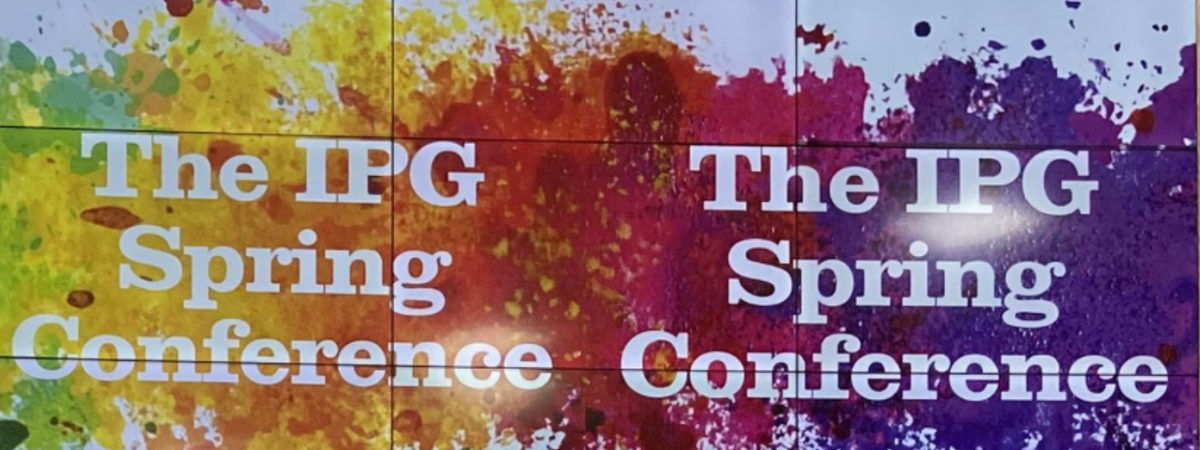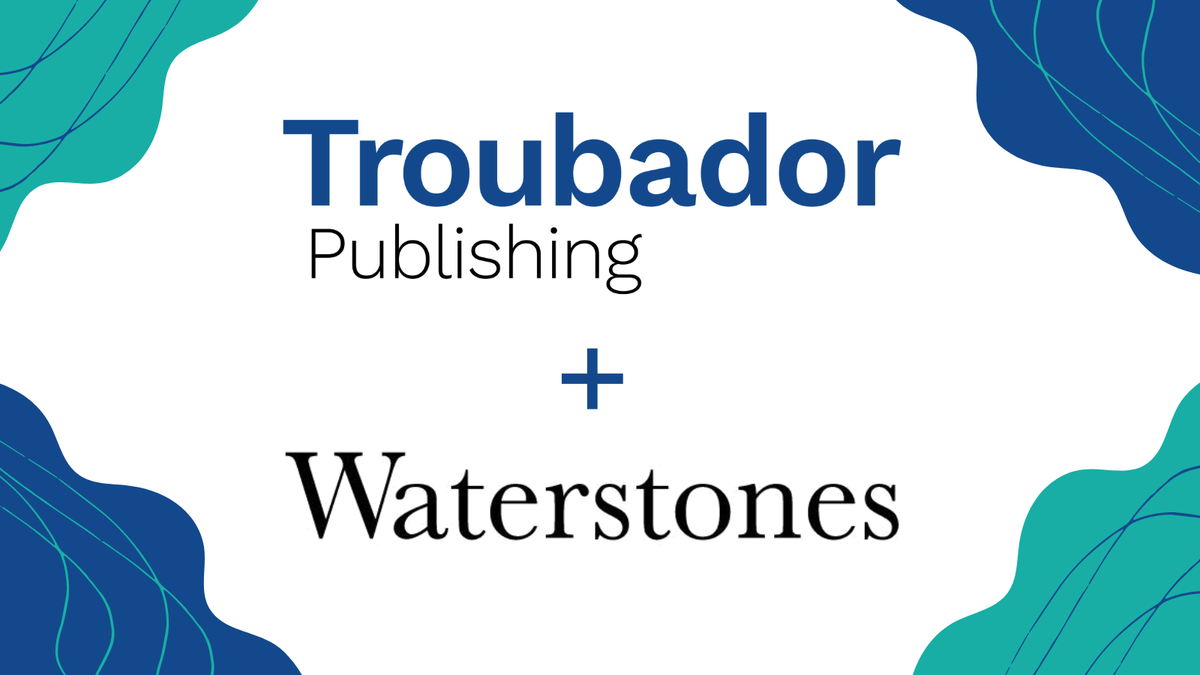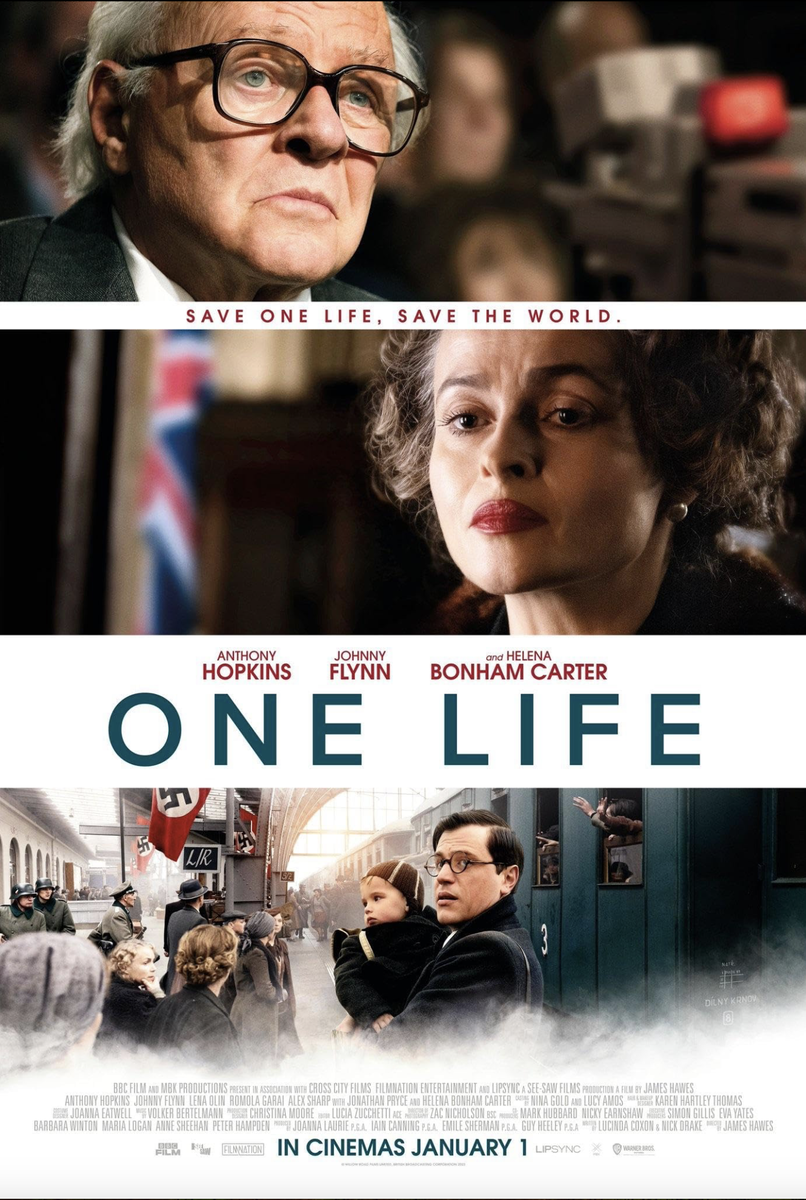
5th November, 2021
6 min read
Independent Publisher’s Guild Autumn Conference 2021
Written by:
Jonathan White
The IPG’s Autumn Conference took place in London on Wednesday 3rd November. Troubador Sales manager Jonathan White attended it and here reports back on one of the first conferences we have been able to attend since the lockdown was lifted
It has been about two years since I have been able to attend a conference in person, so I was delighted that the one-day Autumn Conference being organised by the Independent Publishers Guild (IPG) was going to be hybrid one, which you could either attend in person or via a Zoom link. Of the two options I think it was far more rewarding to be attending the event in person, but it is understandable that some delegates would still be nervous about attending such a gathering. It was though very noticeable that there was a considerable atmosphere, or buzz, from such a large group of publishers being able to meet up together. It does reinforce what a sociable industry we work in and how important these gatherings are in the exchange of information within the publishing and book retailing world. I have done previous Blogs on attending these IPG events and I am glad to be able to report that this also was an extremely successful conference, packed with meaningful and enlightening sessions on many of the most important factors and events facing our industry today.
Of course the IPG Conference was taking place when the news is currently being dominated by COP26 taking place in Glasgow at the same time. Therefore it is only right that much of the conference was dominated by the topics of sustainability and the carbon footprint of the publishing industry. No part of our lives is not going to be touched by the need to change our ways to better look after our planet, and it seems to be absolutely right that an industry that relies so heavily on paper, and therefore trees, should be doing everything it possibly can to both reduce its carbon footprint and be as green as possible.
The conference was opened by the author and environmental consultant Mike Berners-Lee who gave a fascinating speech about the realities of what is now needed to change to reverse some of the big issues the planet is now facing, and how specifically publishing needs to look at not only what we do, but the message our books carry about our future. This session was followed by an equally important and much more practical one about the plans we publishers need to put in place to make our industry as environmentally responsible as it can possibly be.
The IPG has put together a task force which is now going to present the proposals that we publishers need to sign up to for a sustainable and environmentally sound future. I am glad to say that Troubador already follows many of these proposals as they very much tie in with the type of publishing we do. For instance one of the key areas of the task force proposals will be to reduce wherever possible the miles that a typical book travels from printing to final customer. As we already do all our printing in the UK, our books have a far smaller journey than those printed in the Far East or other parts of the world. We are though not complacent about all the other things we need to do as a publishing company to improve our environmental position and we will be giving further updates on this hugely important subject. It was a rousing and thought-provoking start to the conference.
After a quick break we moved on to several presentation from some of the most high-profile publishers who are part of the IPG. These sessions covered such subjects as what is the most rewarding parts of our being an ‘Independent’ publisher, as opposed to the very big conglomerate publishing houses, to some of the main issues facing publishers as we come out of this period of Lockdown. I have said before that one of the best things about these IPG conferences is the honesty and openness with which its members are willing to discuss these kinds of subjects. This means we do really learn from each other about these kinds of issues and practical ways we can change what we do for the better. Kate Wilson, of the children’s book publisher Nosey Crow, was hugely interesting in her examination of some of the issues that face a publisher which has had considerable success and growth through the time of the Pandemic. It would be easy to gloss over some of the things she was very willing to talk about. Again we are always very keen at Troubador to re-examine the way we operate and grow our business, and this gave us a good opportunity to learn from how other publishers operate in comparison.
A break for lunch gave us all a chance to catch up with friends and ex-colleagues in the publishing world, which was an even greater pleasure as many of us had not seen each other for quite some time. This IPG event and an earlier in the Autumn Gardners trade show at the Booksellers Association Conference were the first live events we had been able to go to since the start of the Pandemic, and both have been hugely rewarding as a result. The main UK wholesaler Gardners was alos very present at this IPG Conference and they, amongst other, were able to give us a snapshot of how the 2021 Christmas season is starting. This did include some huge statistics of the 550,000 stock lines, basically different book titles, they are currently holding and the 300 to 500 pallets of books they are receiving into their warehouses every day at the moment. Since we lost Bertrams as the other main UK wholesaler during the Pandemic they are by far the biggest wholesaler in the UK. Their explanation of how their business is currently operating does help us to understand the difficulties they face in keeping so many books in stock at any time. Gardners explained that they must be seen the same as any very large shop and like any shop they will keep in stock the books their customers are after. Some books they just have to be willing to be out of stock of in order to keep their most important stock lines in stock at all times. As publisher we may not like this news, but it is absolutely the way they have to operate.
The afternoon at the conference kicked off with a video link up with the Secretary of State of Culture and Media, Nadine Dorries. Her main message was about the need for the publishing industry to be far more inclusive and this was a message publishing has already been grappling with. We certainly like to think that the publishing we do at Troubador does give voice to many authors who otherwise would find it difficult to get their books published. Other afternoon sessions were on subjects as diverse as global markets, issues with copyright for publisher and authors, and some of the things we might be facing in 2022. We all know next year will continue to be very challenging and again it was good to discuss some of these issues so we can be as prepared as possible in facing them.
There were not as many sessions dealing with the marketing of books as there had been in previous conferences, but we did also have a session on how marketing and publicity generating has changed during and after the lockdown. Things have greatly changed during the lockdown as to the ways we all operate, and this is especially so with the media. Marketing of books and getting publicity for them and their authors remains very different to way we could operate before the Pandemic. Things may be opening up again, but we have a long way to go before we are back to that ‘normality’.
I am very pleased to say that this Autumn IPG Conference was a great success. It very much needed to be to show how important it is that we do get back to meeting with others in our industry and discussing the things that are most important to us. No pressure then on the IPG to deliver, but I am glad to say they absolutely did, and an excellent day was had by those who were able to attend it in person. It was not all good news by any means, but it was very important to hear the things we did. At Troubador we have always valued our membership of the IPG, and this Conference once again demonstrated its value to us as independent publishers.




